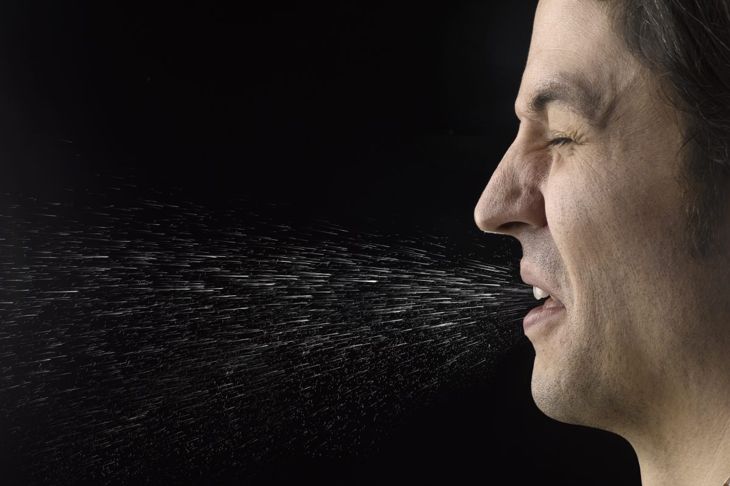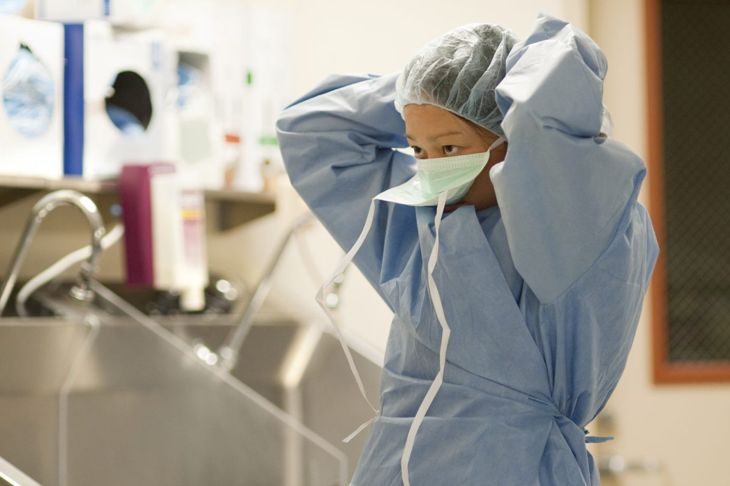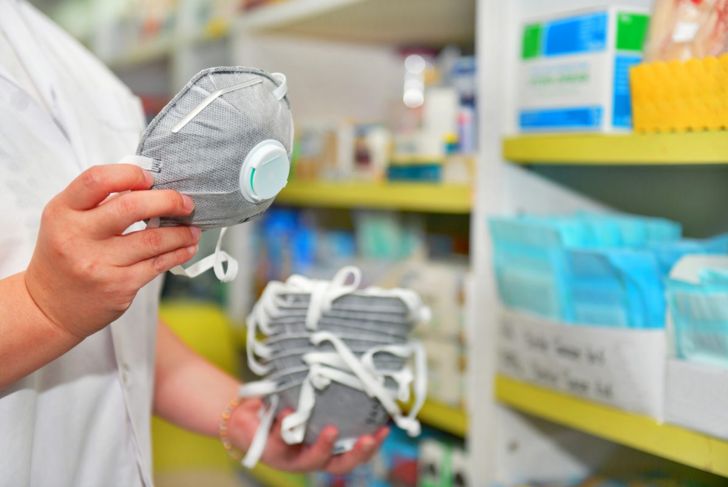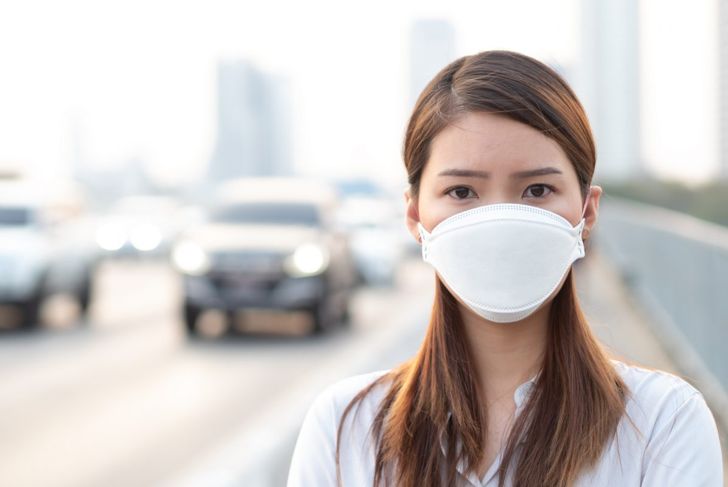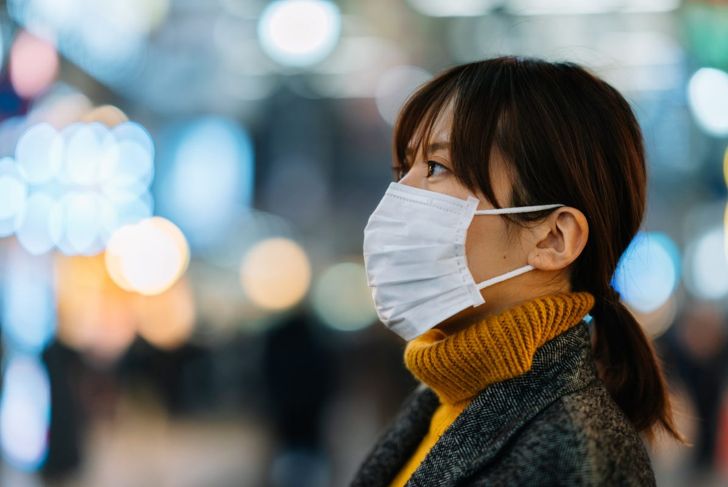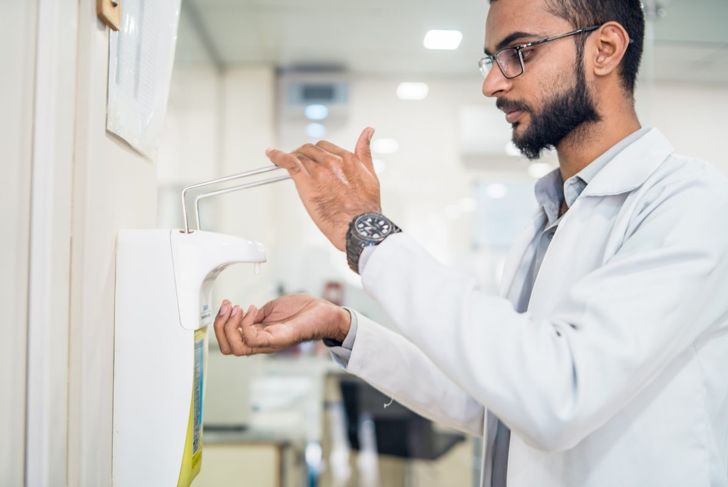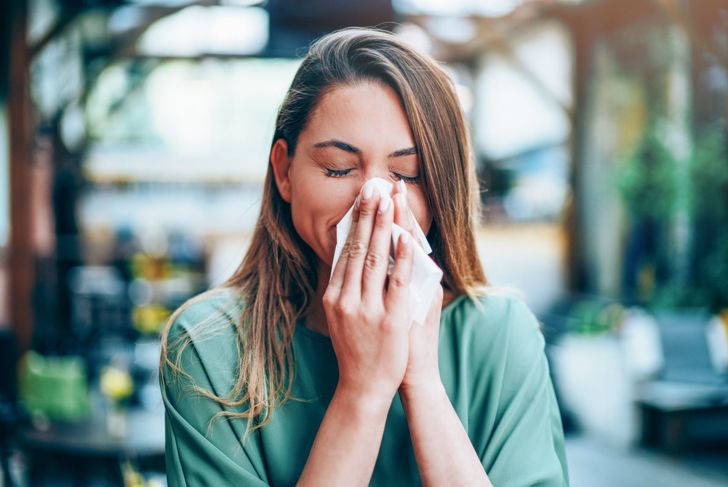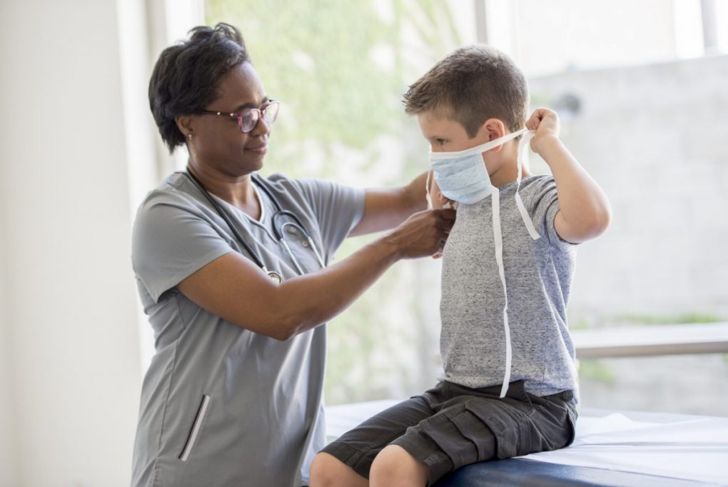Face masks are a form of personal protective equipment synonymous with healthcare. From the operating room to patient examinations, they are a tool for creating an aseptic, sterile environment. Recently, more and more individuals have taken to wearing them outside of the hospital environment. However, the mask itself carries a stigma. Many associate it with disease, even when it is worn for prevention. The question is: do masks actually prevent infection?
How Infections Spread
Respiratory infections are spread through bodily fluid droplets that carry the virus. These droplets scatter in the air when an infected person coughs, sneezes, talks, or exhales. If you breathe in contaminated air, you can inhale these droplets through your mouth or nose. Viral droplets that fall onto a surface can also transmit the virus when a person touches the contaminated surface and then touches their mouth, nose, or eyes. For this reason, the CDC primarily recommends regular hand washing to prevent the spread of infection.
Surgical Masks
In the sterile surgical environment, surgical masks prevent pathogenic particles from being transmitted from operating room healthcare providers to patients. They are made of thin, disposable, non-woven fabric that is intended for single use. For people who are sick, wearing surgical masks decreases the spread of infectious particles, but these masks do not provide reliable protection from airborne particles for healthy people.In fact, if worn repeatedly over multiple uses, they can become a vehicle for transmitting disease.
N95 Respirators
The N95 respirator is a disposable specialized face mask also intended for single use in the healthcare setting. These masks are thicker than surgical masks and tight fit around the nose and mouth to create a seal that blocks at least 95% of particles 0.3 microns and greater. This means that they can block the spread of the current pandemic virus and other viruses that infect the respiratory system, but the CDC does not recommend public use. This is in part because the masks must be individually fitted to the user and the seal must be checked with each use to be effective. In a CDC NIOSH study, only 24% of users correctly used the mask.
Who Should Wear A Facemask?
The CDC does not recommend healthy people wear facemasks as a preventative measure. Healthcare workers and caregivers of sick people are recommended to wear masks, as are people who are sick when they are around other people.
The Stigma Around Masks
Surgical face masks are common in Asian countries for a number of reasons, including pollution, anonymity, and as a courtesy to other people in crowded spaces. In North America, wearing a mask in public spaces may carry a negative stigma, with people of Asian descent bearing the brunt of bias and fear. It is important to combat hatred and ignorance by being informed. No ethnic group is more or less likely to carry or spread disease.
Best Practices for Prevention
CDC and WHO recommendations for preventing viruses do not generally include wearing a face mask; the exceptions are people who have symptoms and are around people, and caregivers of sick people. Instead, best practices include washing hands regularly and using at least 60% alcohol-based hand sanitizers. Clean and disinfect household surfaces regularly with attention to commonly used surfaces such as handles and doorknobs. Avoiding unnecessary contact with and exposure to potentially sick people can also help prevent the transmission of virus-laden droplets.
Out In Public
There is no indication that the current outbreak will be short-term, so event planners and those attending large gatherings should take necessary precautions. If an individual feels ill, experts advise that they stay home rather than attend large gatherings. Cover coughs and sneezes with tissues and dispose of them immediately. Frequent handwashing is most effective when you avoid touching your eyes, nose, and mouth. Surfaces that we touch frequently, such as hand railings and doors, should be regularly disinfected.
Respiratory Hygiene
The best way to prevent infection is to practice good respiratory hygiene, which includes covering coughs and sneezes, and quickly disposing of tissues and other potentially contaminated items. Wash your hands immediately if you cough or sneeze into them. Many experts stress that alcohol-based surface and hand disinfection is a better preventative measure than surgical masks.
Dealing With Exposure to a Virus
If you are exposed to a respiratory infection, experts suggest self-imposed isolation. The CDC recommends self-monitoring using the acronym CARE for “Check and Report Every day.” Stay at home, monitor symptoms, and report to your primary healthcare provider regarding the progress or resolution of your illness. Most people only experience mild flu-like symptoms and do not require hospitalization.
Droplet Precautions
Some specific transmission-based precautions exist for viral infections transmitted by droplets. In the hospital setting, this means that patients and healthcare providers wear appropriate personal protective equipment, including face masks. Here, this healthcare setting is the only place where facemasks are properly used to help prevent the spread of infection.

 Home
Home Health
Health Diet & Nutrition
Diet & Nutrition Living Well
Living Well More
More